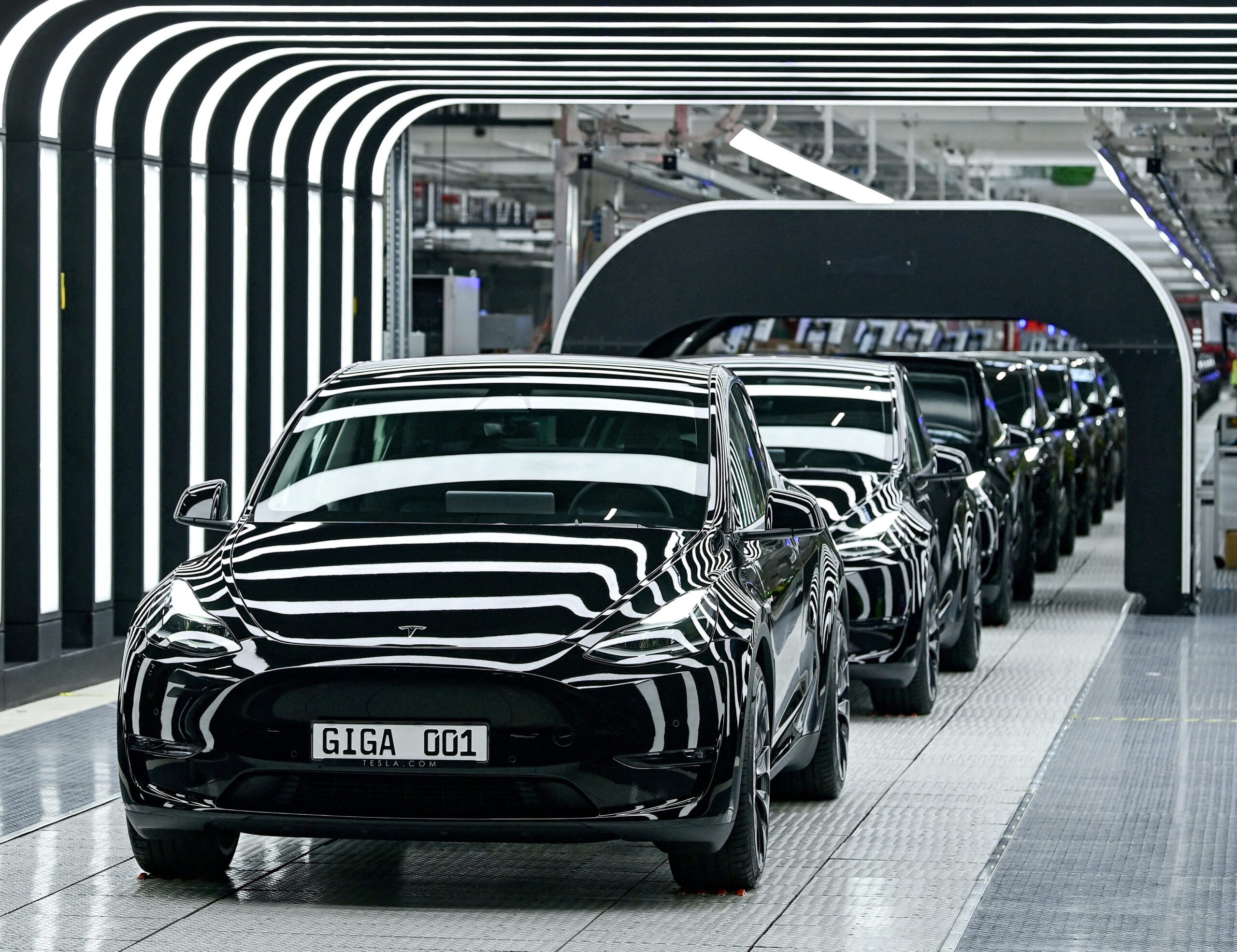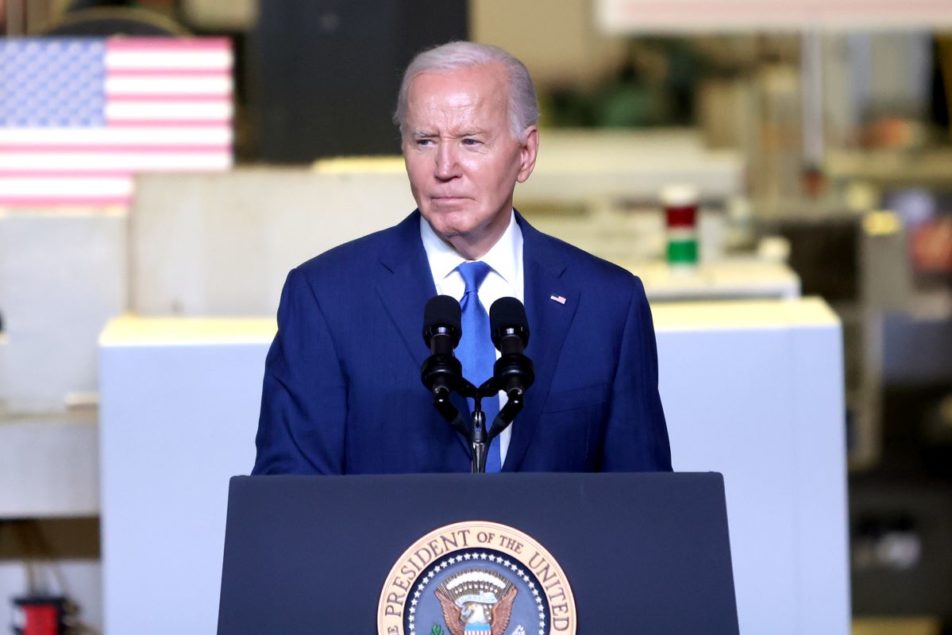President Joe Biden is set to unveil a series of new tariffs on Chinese electric vehicles (EVs), semiconductors, batteries, solar cells, steel, and aluminum. The tariffs on EVs are poised to surge to 100%, quadrupling the existing tariff of 25%, as disclosed by a source familiar with the impending trade measures.

Combatting Unfair Practices and Protecting U.S. Manufacturing
The Biden administration’s move underscores its resolve to prevent China from undermining U.S. companies and jeopardizing domestic manufacturing jobs. Although specifics of the policy change were not disclosed, national security adviser Jake Sullivan emphasized that the tariffs aimed to counter China’s unfair business practices, particularly in strategic sectors.
Symbolic Impact of EV Tariffs
The escalation of tariffs on Chinese EVs carries symbolic significance, albeit with limited practical impact presently. Chinese EVs represent a small fraction of the U.S. EV market. However, China’s overall exports have surged by 50% in the last two years. Chinese EVs, known for their affordability and quality, pose a competitive challenge to American automakers.
BYD’s Role in EV Market
BYD, the world’s largest EV manufacturer, has introduced the Seagull, a new car lauded for its performance and craftsmanship, rivaling American-made electric vehicles at a fraction of the cost. With a price tag of around $12,000 in China, the Seagull presents a formidable alternative, with a lower-range version priced under $10,000.
Impact on Automakers and Labor
The substantial tariff hike on Chinese EVs is anticipated to alleviate pressure on American automakers and labor unions, particularly the United Auto Workers (UAW). The UAW, which endorsed President Biden’s reelection bid in January, expressed concerns over the transition to EVs and its potential impact on workers. President Biden reassured that the administration is committed to ensuring a fair transition, pledging support for retooling, rebooting, and rehiring in existing factories with comparable wages, prioritizing existing union workers for new job opportunities.
President Biden’s Commitment
President Biden emphasized the importance of preventing China from dominating the EV market and displacing American jobs. He criticized the previous administration’s passive approach and vowed to safeguard American interests. Emphasizing the need for companies to adapt to new technologies while prioritizing workers’ interests, President Biden affirmed his commitment to fostering a transition that ensures the continuity of jobs and equitable opportunities for American workers.

Navigating Trade Policy Challenges
The Biden administration’s imposition of tariffs on Chinese imports, particularly EVs, reflects its determination to address unfair trade practices and protect domestic industries. As the global trade landscape evolves, navigating these challenges remains a top priority, balancing economic interests with strategic imperatives to safeguard U.S. competitiveness and prosperity.
